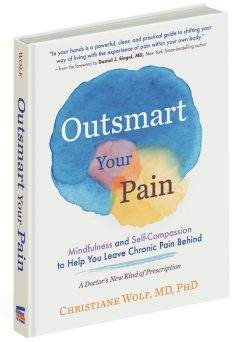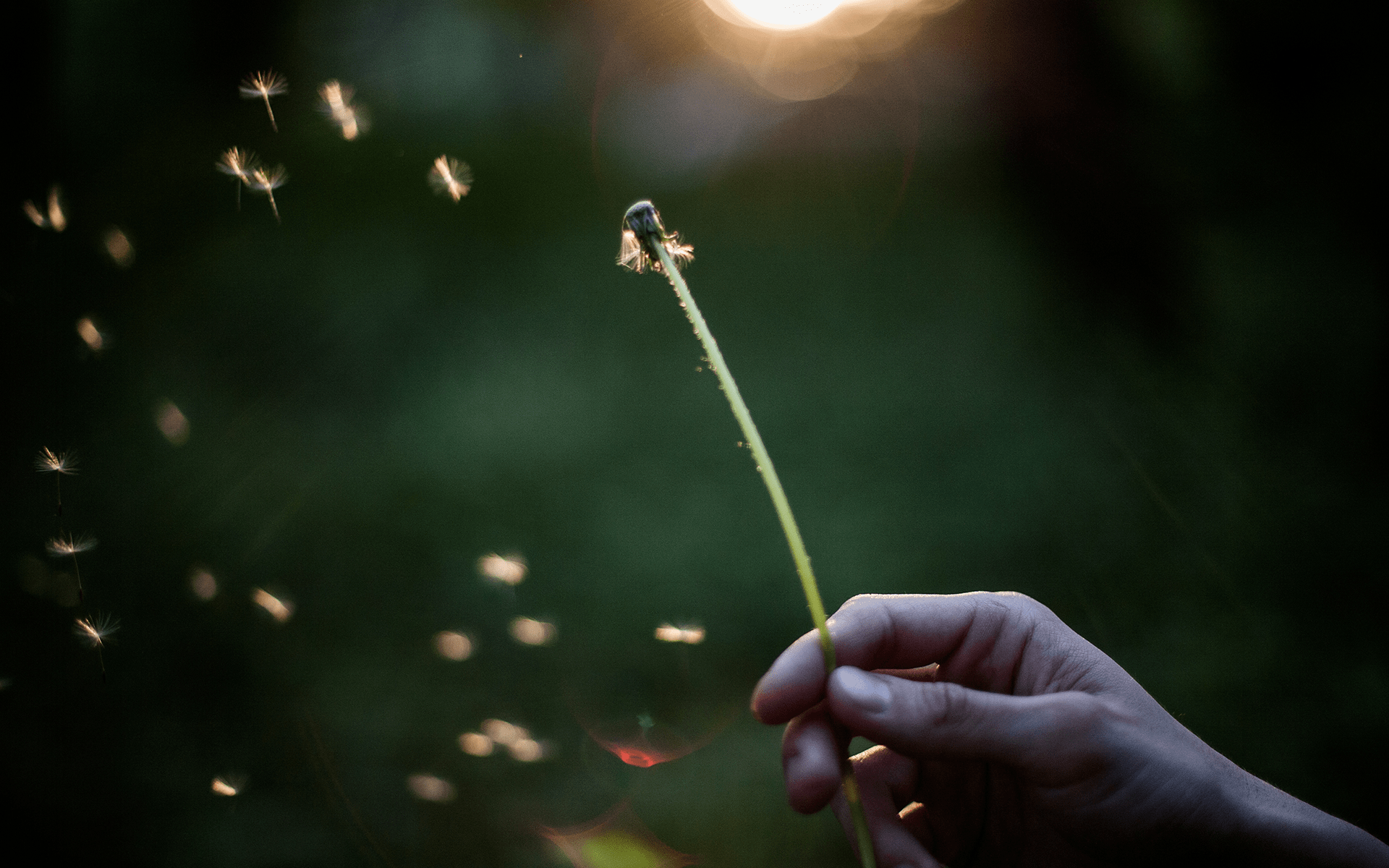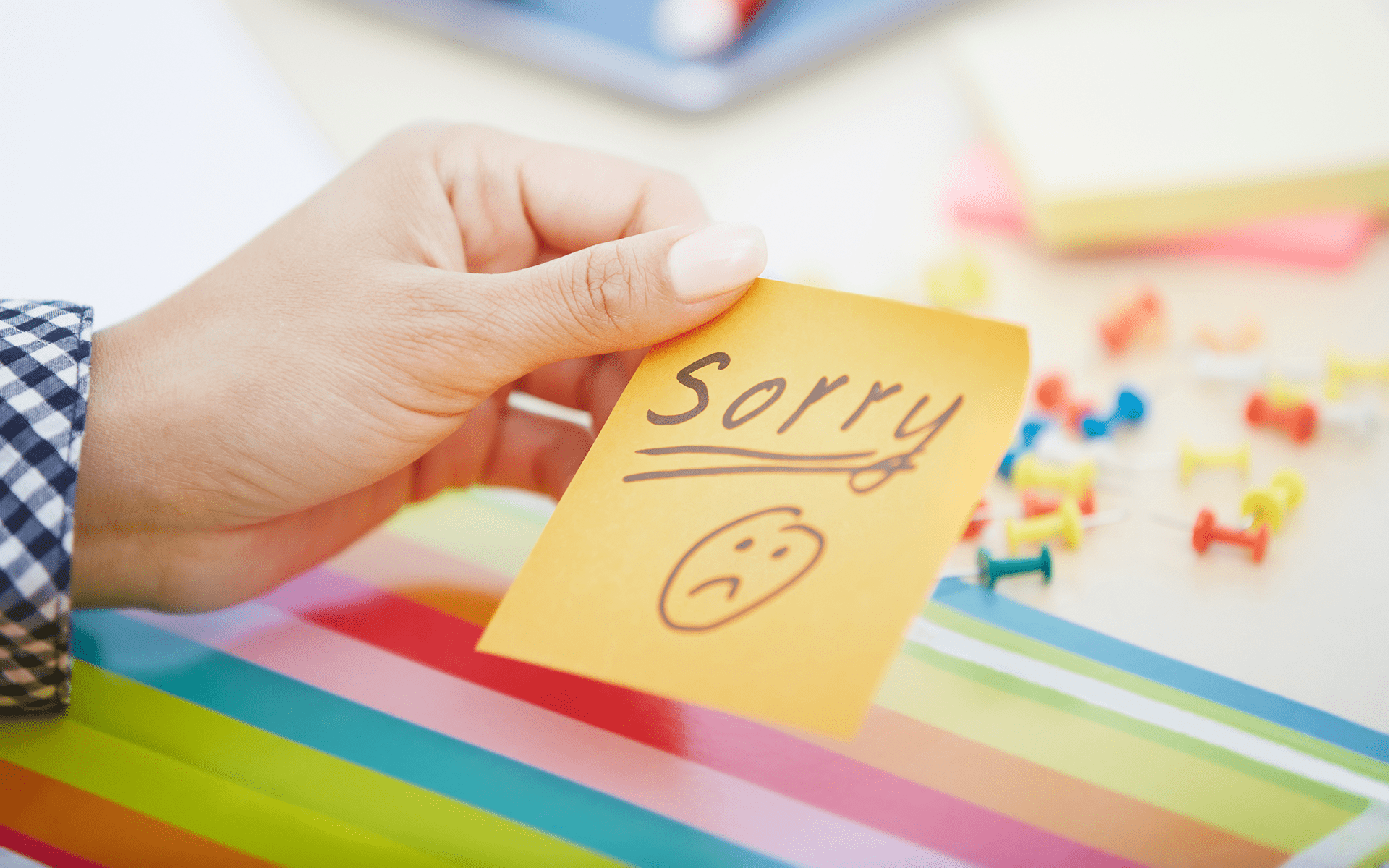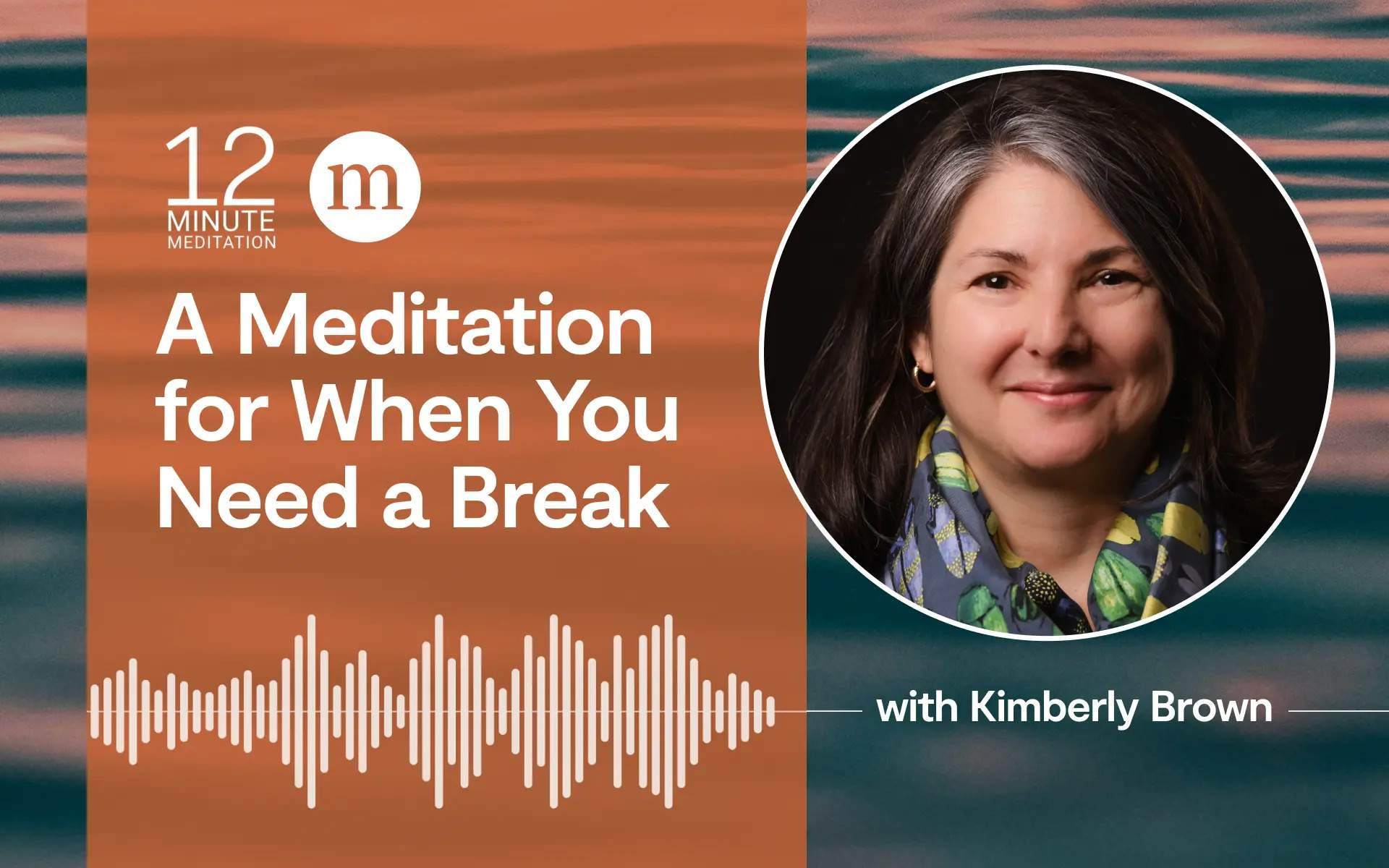For a year, Sabrina received the wrong diagnosis and treatment for her chronic progressive illness, which left her with permanent damage to her body and ongoing pain. She used to be extremely angry about it and thought a lot about revenge.
At some point, that changed.
Sabrina said, “I realized that the revenge I was holding on to wouldn’t give me back my health, but that I kept torturing myself with it and it kept me up at night. The pain was bad enough in itself. I didn’t want to keep carrying this hatred in my heart around with me anymore.”
Forgiveness is a practice of freeing your own heart from the prison of pain and resentment. Forgiveness doesn’t mean you have to condone what happened or agree with it. You don’t even have to like it—not at all. It’s a realization that holding on to what happened is in itself painful.
Give Up Hope for a Better Past
Meditation teacher Jack Kornfield likes to say, “Forgiveness is giving up all hope for a better past.”
Angrily holding on to what happened is painful and can easily turn into bitterness. That’s not a place where we want to live our life.
We practice forgiveness with the understanding that we have all betrayed or harmed someone—out of our pain, fear, anger, or confusion—whether we know it or not, just as we have been betrayed and harmed by others.
For example, we make a wrong assumption about why somebody did or said something and then we lash out. Or in a moment of acting or speaking we don’t think about what our actions might mean to the other person. Not to be glib about it, but it’s simply part of the human condition. Nobody is spared.
Do you feel that you’re holding anger or resentment against somebody, related to your pain? It might be the person who caused your accident; it might be the surgeon who did the first operation on your back—or the second or third; it might be your sister-in-law, who always treats you like you’re just pretending you’re in pain so that you can sit and rest while everybody else is helping around the house.
Whatever the cause or the content, not being able to forgive hurts. Sure, anger can feel good at times. In the beginning, it can give us energy to speak up or to make a change, but then what?
Maybe—and this is usually the hardest part—you feel like you can’t forgive yourself for something, like seeking medical help so late, or trusting in your doctor’s/mother’s/friend’s advice, or smoking, or eating too much of one thing or too little of another.
Whatever the cause or the content, not being able to forgive hurts. Sure, anger can feel good at times. In the beginning, it can give us energy to speak up or to make a change, but then what? What does it feel like to be caught up in anger that is way past its best-by date?
We can use our mindfulness practice to turn toward these feelings and notice: What does it feel like to keep holding on? What emotions come up in that moment? Does this influence your pain levels in any way? Jack Kornfield asks us to “sense the suffering that comes with the inability to forgive.”
Freeing Ourselves From Resentment
Forgiveness takes time. It doesn’t happen overnight. We cannot simply decide to forgive and think that will take care of it. For most of us, forgiveness is a slow process that takes place gradually, often over years. So please be patient with yourself! The first step is to realize that to forgive might be a good idea—at least theoretically—even if it feels like you could never do it.
Forgiveness is traditionally taught in three iterations:
1. We ask for forgiveness from the people we have harmed or hurt.
2. We practice forgiveness for the people who have harmed or hurt us.
3. We practice forgiveness for ourselves for having harmed or hurt ourselves.
Start by setting the intention to learn to forgive. You can practice the following meditation regularly or use the steps or words as needed throughout the day. Some people use prayer, some use journaling, and some talk to friends or a therapist to help them gain more clarity about where and how they are stuck. No matter what your approach is, sustained intention over time, put into practice in small steps, will result in change.
Excerpt from Outsmart Your Pain: Mindfulness and Self-Compassion to Help You Leave Chronic Pain Behind by Christiane Wolf and Daniel J. Siegel © 2021 by Christiane Wolf, MD, PhD. Reprinted by permission of the publisher, The Experiment, LLC. Available everywhere books are sold. experimentpublishing.com
READ MORE
Practice Self-Compassion with Forgiveness
We cannot force ourselves to move on from a painful situation — expecting forgiveness to be quick and voluntary can have negative effects. Explore this mindfulness practice for creating space for ourselves to forgive.
Read More
A 10-Minute Guided Meditation to Foster Forgiveness
Explore this mindfulness practice to let go of the tendency to add to suffering during challenging situations.
Read More
New Research on Mindfulness and Forgiveness
Does practicing mindfulness regularly makes us more likely to forgive? New research finds a surprising connection between meditation and forgiveness.
Read More











